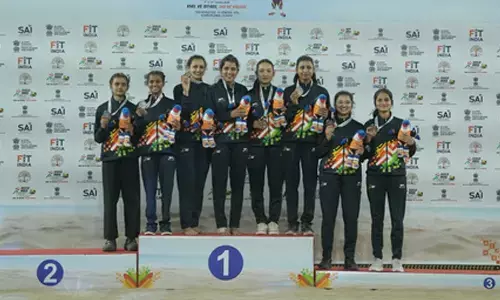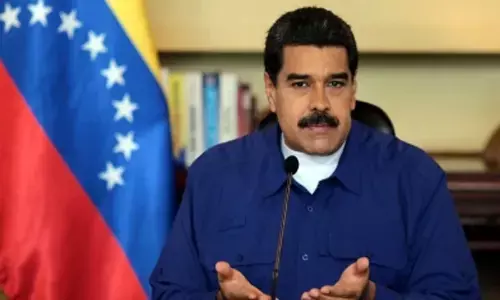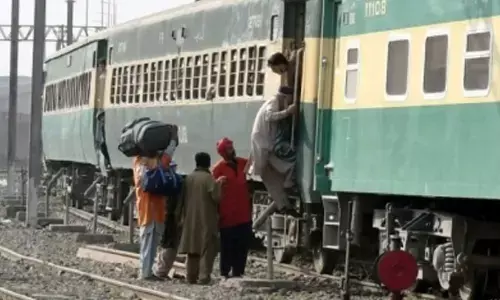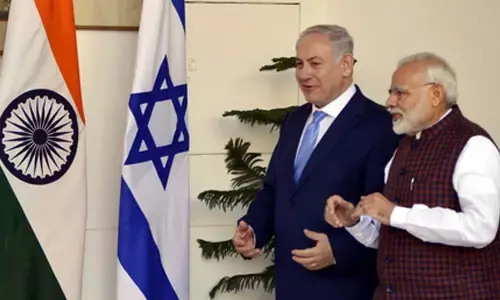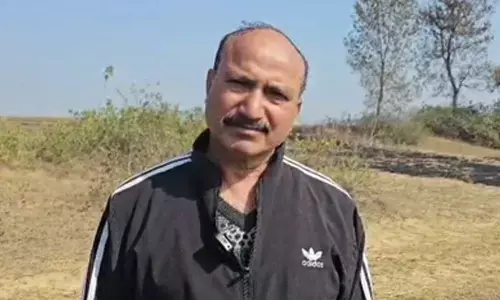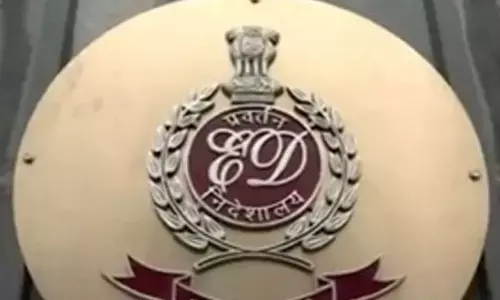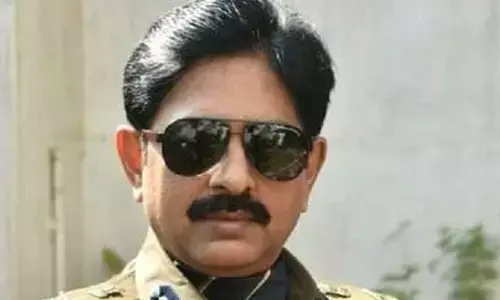Swelling campaign costs commercialise politics
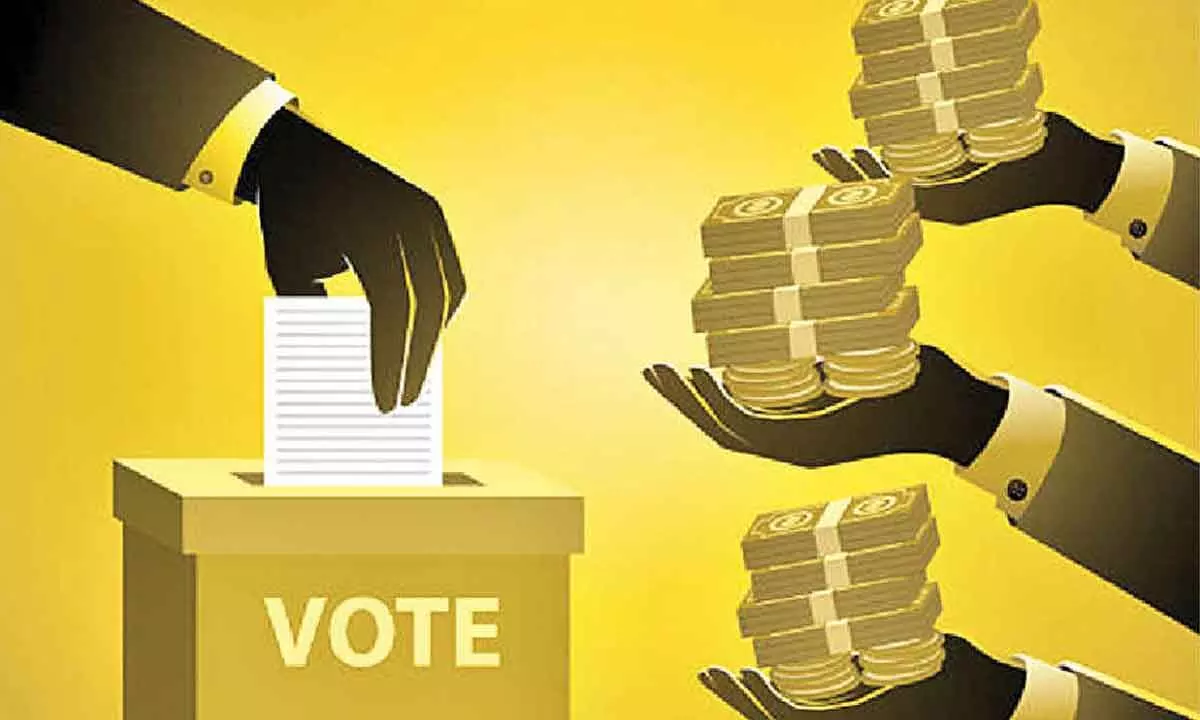
Candidates of major political parties in general constituencies are forced to spend at least Rs 100-150 crore to stay in the race
Tirupati: In India’s democratic landscape, concerns are mounting over the integrity of electoral processes, as each successive election sees a staggering rise in campaign expenditures by major political parties. This surge in spending has cast a shadow over the vibrancy of democracy, with the ideals of political parties increasingly dominated by the pursuit of financial resources. Contesting candidates in general constituencies find themselves compelled to shell out exorbitant sums, ranging from Rs 100-150 crores at the very least, just to stay competitive.
Even the political leaders were saying that it was an alarming situation in which the campaign budgets balloon to unprecedented levels in each election which is nothing but commercialisation of politics. It was learnt that this time around the candidates have been buying votes by offering Rs 2,000 per vote in the first round and may offer more during the last 48 hours before polling.
A leader commented that, in this race for votes, it has become a stark reality that those unwilling to engage in such practices stand little chance of success.
Surprisingly, voters are taking money from both the parties but maintaining the secrecy of whom they will vote for. To remain viable contenders, parties find themselves compelled to distribute funds not only among the economically disadvantaged but across the electorate.
While voters may benefit in the short term from this monetary influx by receiving money from both the parties, candidates bear the brunt of exorbitant campaign costs.
In a constituency having around three lakh voters, if they distribute money at Rs.2000 per vote to 50 percent of voters, they need to spend Rs 30 crore on this only while they were allowed to spend only Rs 40 crores as per ECI guidelines.
Additionally, candidates must allocate substantial funds for distributing inducements such as sarees, liquor, and other freebies, further straining their resources. The intensification of campaigning, requiring daily payments of Rs 500 each for hired supporters and substantial expenditures on advertisements and publicity, only exacerbates the financial strain.
To cite an example, In Tirupati the distribution of money has already begun with both the main parties have reportedly giving Rs 2,000 to each vote. Same is the case in Chandragiri, Srikalahasti and other constituencies but in some segments the candidates are giving Rs 1,000-1,500. Seeing this, a student in SV University observed, “When they spend such a huge amount to become MLA, how can they get back without resorting to unethical practices including large scale corruption. Ultimately, the people will only be the sufferers.”
A senior citizen felt that there is no scope for honesty in politics and those who can spend hundreds of crores only can survive. This underlines the need to bring in sweeping electoral reforms in the country. At the same time, there should be a revolutionary change in the people’s attitude which is difficult to expect.








